Brief History and Needs Assessment
This course was created by William M. Steinberg in 1985 because there was a perceived need for a course that would summarize the salient teaching points of the entire field of gastroenterology/hepatology for physicians taking the certifying or recertifying exam in this field. At that time, there were no board reviews in this discipline in the United States. Since then, this course has become the longest standing and most well known course of its kind in the U.S. Thousands of gastroenterologists/hepatologists have taken this course at least once and many have taken it on multiple occasions.
The main method used for Needs Assessment for this course has been yearly questionnaires of the audience and feedback from the faculty (many of whom are directors of GI programs throughout the country). The questionnaires ask each registrant to grade each faculty member and to offer any suggestions concerning future lecturers or different topics. Changes are made on a year-to-year basis based on these evaluations. The course material is meant to cover nearly all aspects of GI/hepatology. The faculty are hand-picked from all over the U.S. for their teaching excellence.
Because the course is designed primarily for those taking their board exam, course material emphasizes the “nuts and bolts” of gastroenterology. Guidelines published by the various Gastroenterology/Hepatology societies such as the American Gastroenterological Association, American College of Gastroenterology, American Society of Gastrointestinal Endoscopy and the American Association for the Study of Liver Diseases are reviewed whenever appropriate.






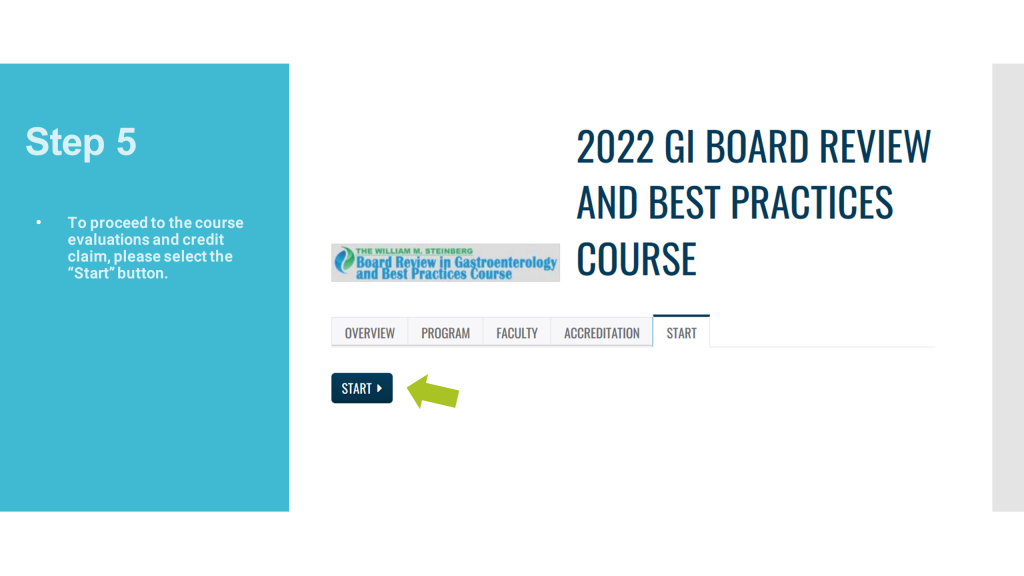
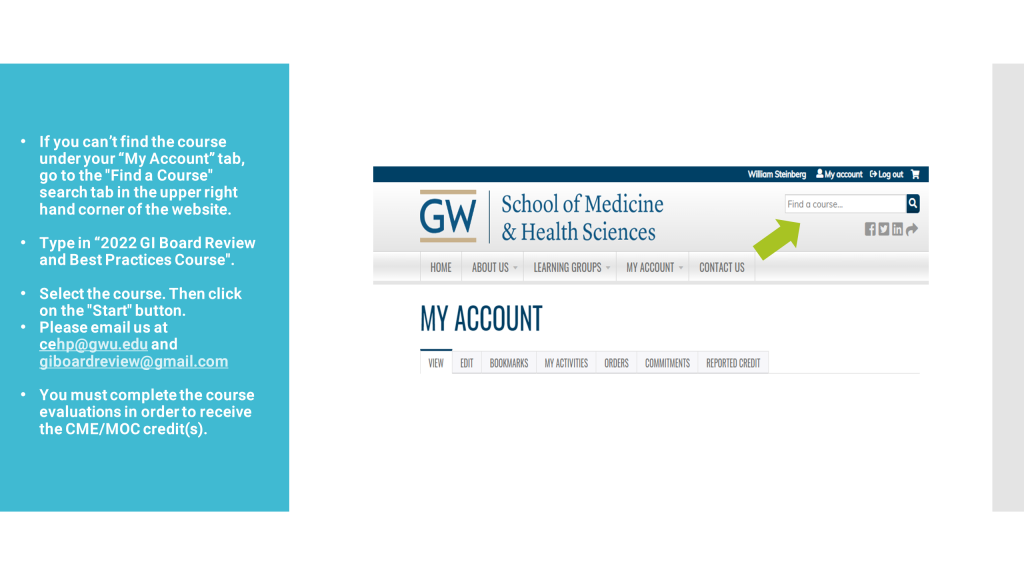
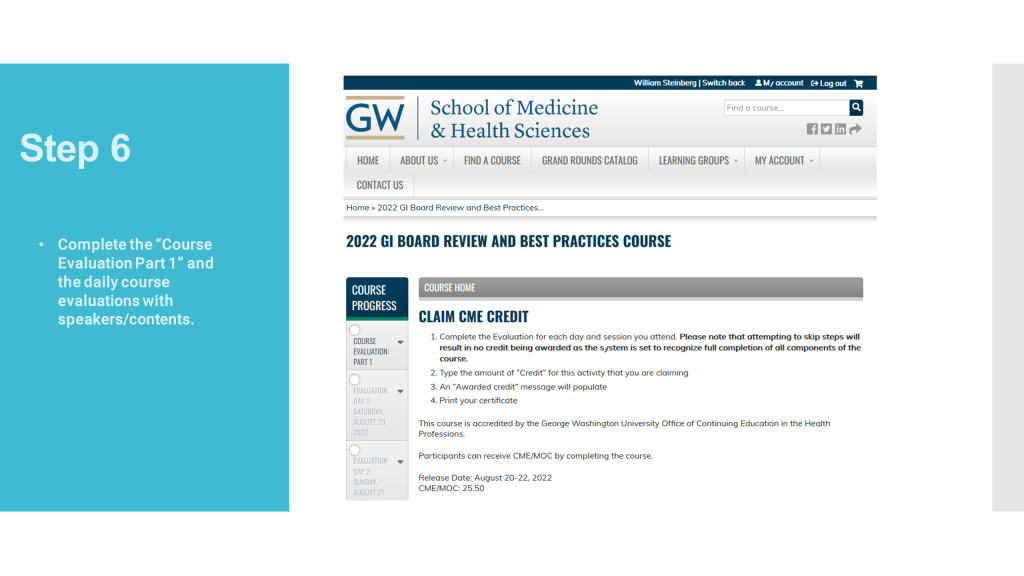
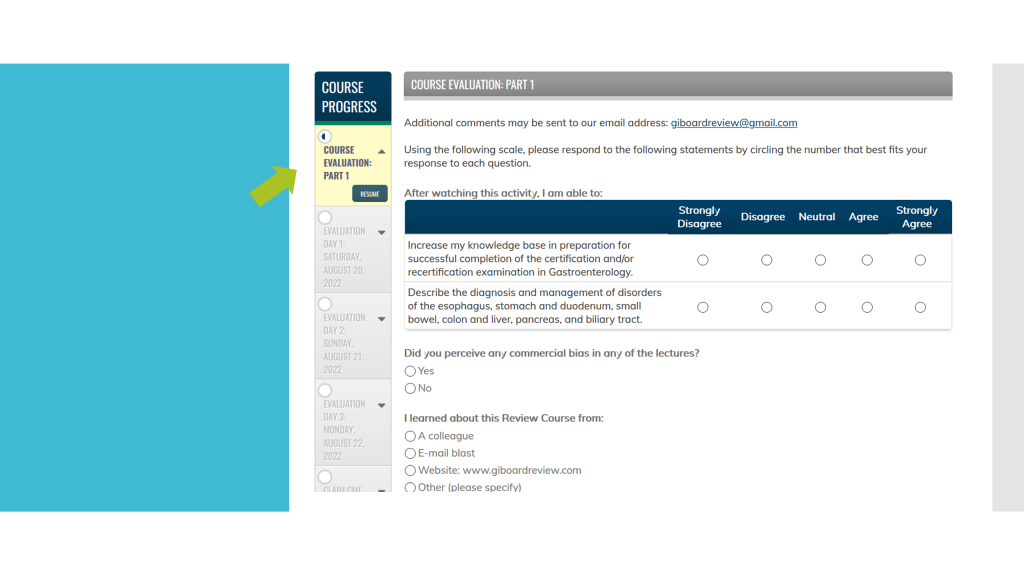
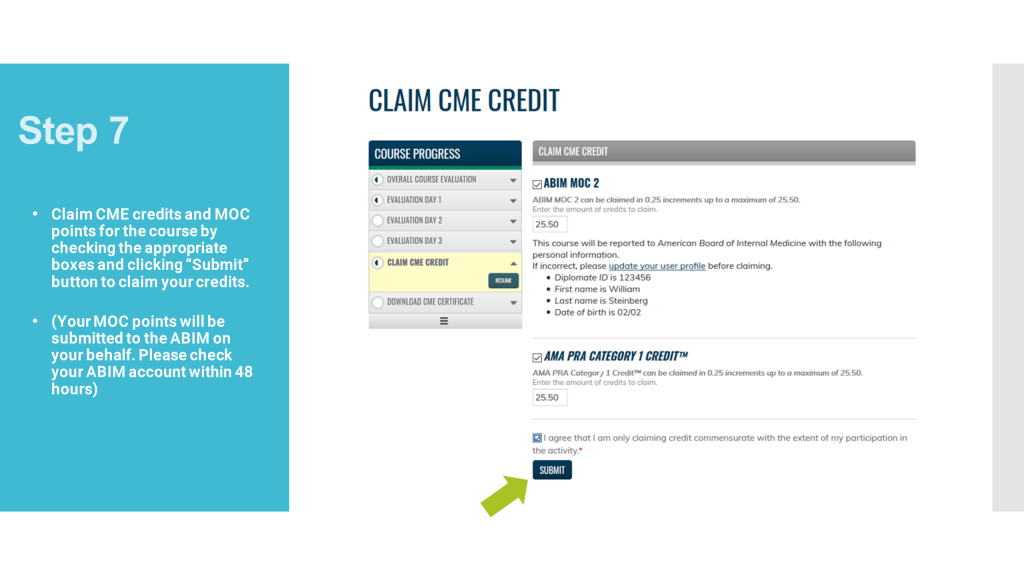
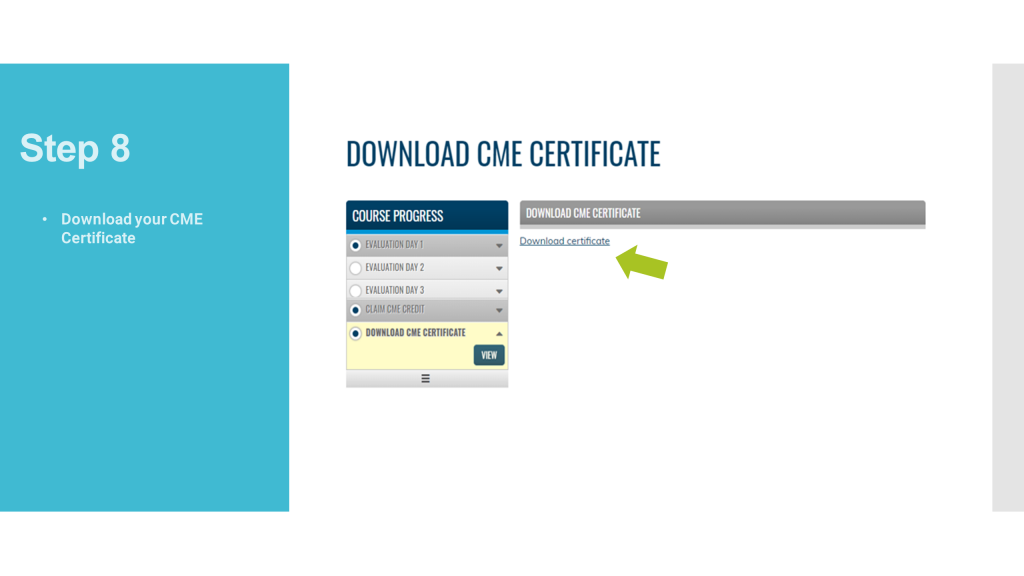
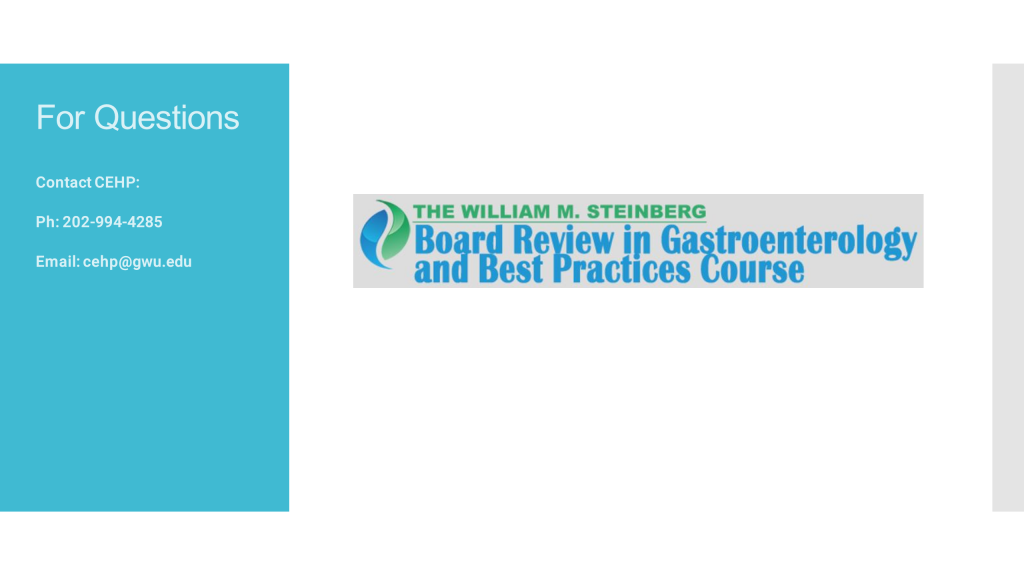
Credit Information
This activity has been planned and implemented in accordance with the accreditation requirements and policies of the Accreditation Council for Continuing Medical Education (ACCME) through the joint providership of The George Washington University School of Medicine and Health Sciences and Capital Academics. The George Washington University School of Medicine and Health Sciences is accredited by the ACCME to provide continuing medical education for physicians.
The George Washington University School of Medicine and Health Sciences designates this enduring material for a maximum of 2 CME and 2 MOC credits for each competed CME/MOC online exam.
There are currently 10 MOC/CME exams for a maximum of 20 MOC/CME credits. There are approximately 80 credit hours available for non-MOC exams.
A total of 63.5 CME credits are offered for completion of the 40 non MOC exams.
Physicians should claim only the credit commensurate with the extent of their participation in the activity.
